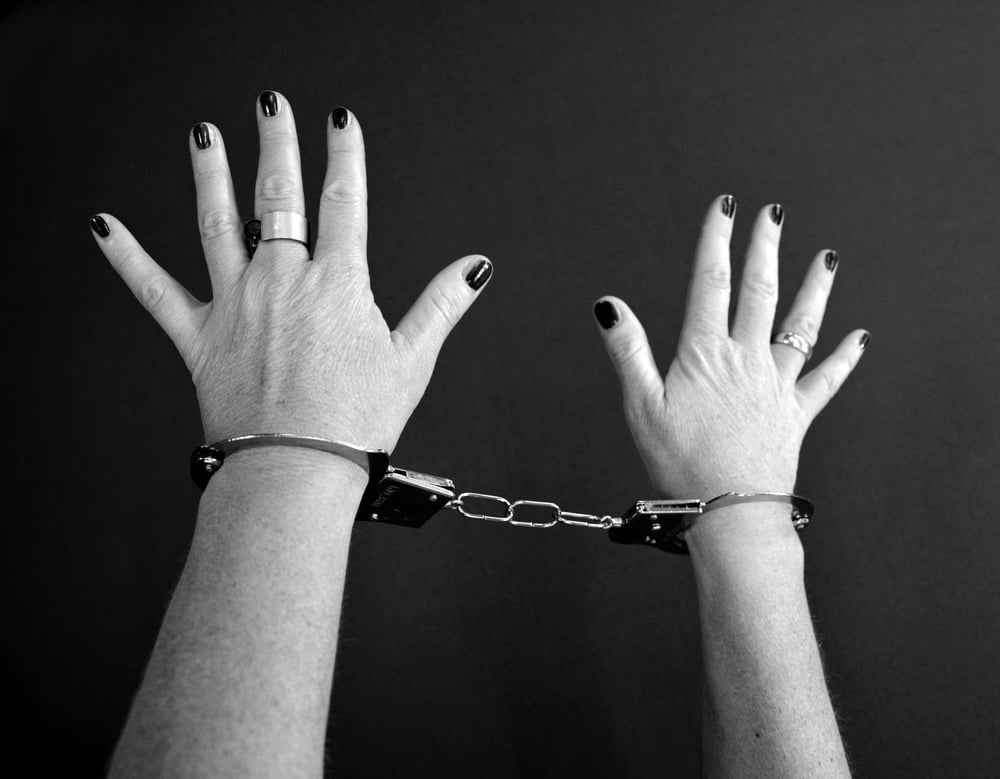Intentionally causing the death of another person is a serious criminal offense, carrying severe penalties under the law in Wisconsin.
As with any criminal charges you might be facing, it's important to thoroughly understand the charge and any potential penalties you risk if you're convicted.
If you or someone you know has been charged with intentional homicide in Wisconsin and don't know what to do from here, this article will inform you of what the charge is, what consequences you face and what possible defenses you could use with the help of an experienced Wisconsin criminal defense lawyer.
How is Intentional Homicide classified as a crime in Wisconsin?
In Wisconsin, intentional homicide is a Class A felony.
Unlike a felony murder, intentional homicide is more specific as it focuses on the act in which the crime was committed, the cause of the crime and the mental stability of the defendant.
Intentional homicide can also be broken off in two different categories:
- 1st degree intentional homicide
- 2nd degree intentional homicide
Both first-degree intentional homicide and second-degree intentional homicide are serious offenses in Wisconsin.
Read also: Outlining Differences Between Felonies and Misdemeanors in Wisconsin
First-degree intentional homicide in Wisconsin
First-degree intentional homicide is charged when the defendant has intent to kill the victim or intent to kill an unborn child and mother.
If the defendant had intent to kill a victim, but accidentally killed the wrong person, then under Wisconsin law the charge of first-degree intentional homicide still stands for the accidental victim.
What are the consequences of first-degree intentional homicide in Wisconsin?
Intentional homicide is considered a Class A felony in Wisconsin.
If you are convicted under the charge of first-degree intentional homicide, then you will receive a mandatory sentence of life imprisonment. However, there is a chance to mitigate you charge and reduce your sentence if you can provide a good defense.
Second-degree intentional homicide in Wisconsin
The second category is second degree intentional homicide. Second degree intentional homicide is charged when the defendant has just cause in killing the victim.
Second degree intentional homicide is similar to a manslaughter charge; however Wisconsin law has erased manslaughter in rewrites of state law. The charge of second-degree homicide is also more severe than manslaughter and easier for the prosecution to get a conviction in most circumstances.
What constitutes second-degree intentional homicide in Wisconsin?
Second-degree intentional homicide can only be charged if you have a valid reason. These reasons include:
- Adequate provocation,
- Unnecessary defense force,
- Prevention of felony and coercion
Adequate Provocation
With adequate provocation you can argue that the victim provoked you into temporarily losing self-control when you normally do not thus leading to the victim’s death.
Unnecessary Defense Force
With unnecessary defense force you can argue that the victim was a threat and would have caused mortal harm to you or someone else and thus killing the victim was the only reasonable option to defend yourself.
Prevention of a Felony
With prevention of a felony, you can argue that you saw upon yourself to put an end to a felony being committed which then resulted in the victim’s death. Lastly with coercion you can argue that only you could defend yourself or someone else from impending harm from the victim, and thus you killed the victim in defense.
To be mitigated to second-degree intentional homicide, you must admit to killing the victim. However, you have a defense and reason for doing so. It is then up to the prosecution to take on the burden of finding proof that you have no reason or defense.
If they cannot find any proof that you have no reason or defense, then the charge will be mitigated to second-degree intentional homicide.
What are the consequences of second-degree intentional homicide in Wisconsin?
The charge of second-degree intentional homicide is a Class B felony and if convicted under this charge you will be sentenced to a minimum incarceration of sixty years with more time added on if there are other felonies against you. That's why it's important to seek legal help right away.
Stangl Law Offices, S.C.


